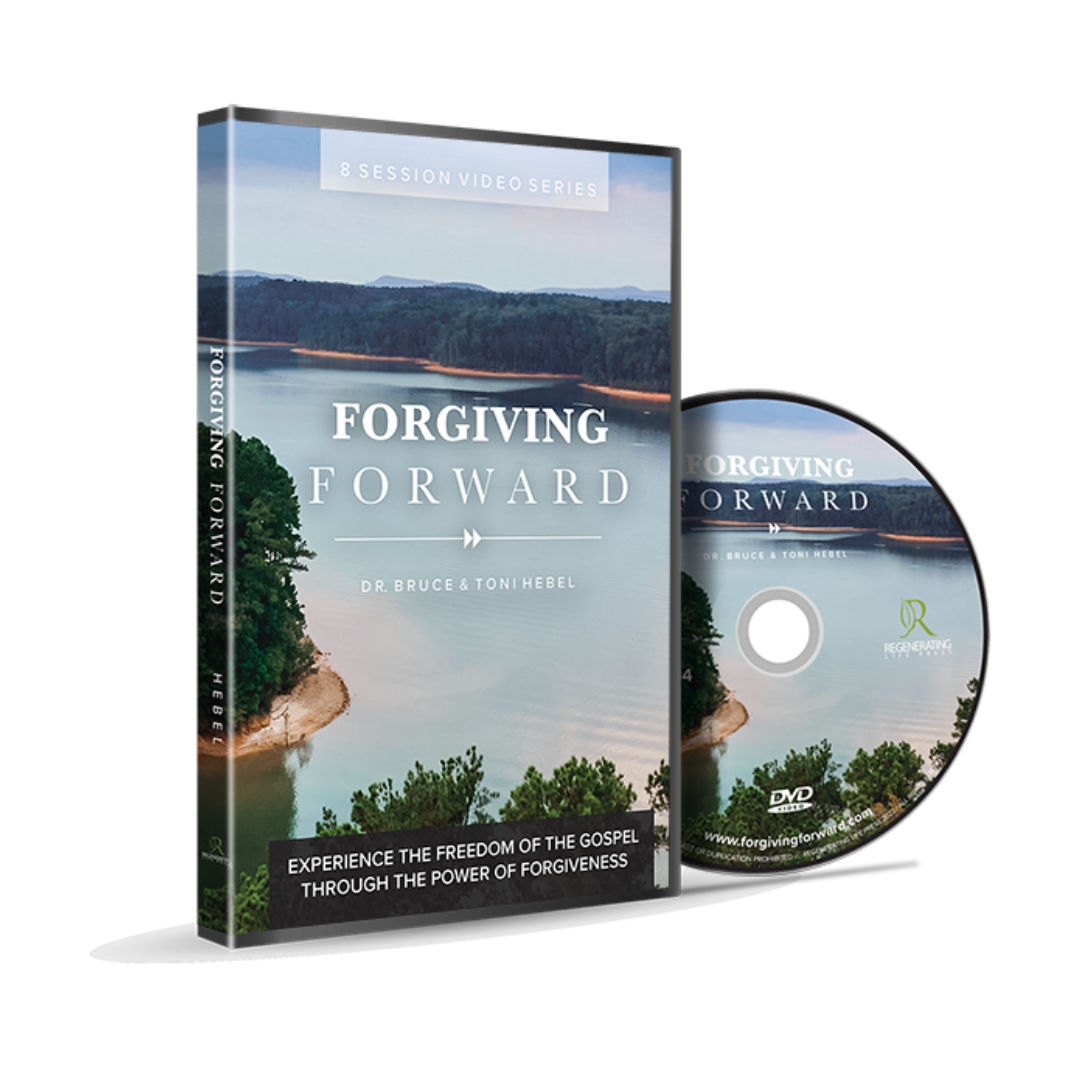“YOU SHOULDN’T FORGIVE THAT!”
What to do when others don’t want you to forgive.
Now all these things are from God, who reconciled us to Himself through Christ and gave us the ministry of reconciliation, namely, that God was in Christ reconciling the world to Himself, not counting their trespasses against them, and He has committed to us the word of reconciliation. Therefore, we are ambassadors for Christ, as though God were making an appeal through us; we beg you on behalf of Christ, be reconciled to God. He made Him who knew no sin to be sin on our behalf, so that we might become the righteousness of God in Him. 2 Corinthians 5:18-21
There are sins in our culture that are considered unforgivable. It’s a growing list! In fact, there are certain offenses that violate common sensibilities when we forgive them. Forgiving these things can actually offend those closest to us so much that they will often try to talk us back into unforgiveness. We have actually witnessed people coerced into repenting of their forgiveness, which brings the torment back to a more intense level. It doesn’t happen often, but when it does, the results are heartbreaking.
Several years ago, we coached a teenager to forgive very deep wounds inflicted years earlier by an extended family member. What Shawn had experienced was horrific and was some of the most traumatizing things a child could ever suffer. Shawn’s wounds were the type of trauma that the psychology world at-large would declare unrecoverable. He had been to multiple counselors over the years and was seeing a Christian counselor at the time of our meeting. Shawn’s mother had been exposed to the Forgiving Forward message and, in desperation, brought her son to us.
After listening to Shawn's story, we shared with him that God expects forgiven people to forgive others so much so that He connects his forgiveness with ours. We explained that God is so serious about our unforgiveness that He hands us over to tormentors when we don’t forgive. Why? Because the blood of Jesus covers all sin, including the ones that wound us. We reiterated to Shawn that what happened to him was not okay, that it was horrific and should’ve never happened. We didn’t excuse the offense or minimize it. However, as wrong as it was, it was paid for by Jesus on the cross, and not forgiving it dishonors the blood of Jesus, which brings God’s discipline, which involves allowing us to be tormented. The only way to get free of the torment was for him to forgive those deep wounds. When Shawn made the decision to forgive the specific things that had been done to him, everything in his countenance changed. His heart was free. The tormentors were gone. He was full of peace and hope. It was truly miraculous!
We urged Shawn to find a spiritual mentor who would disciple him in understanding his freedom in Christ and how to live out Christ's life in him. We encouraged him to stop allowing what had been done to him to identify him but rather find his identity in Christ’s death and resurrection, which separated him from his past forever.
Shawn was excited to tell his family about his new freedom and the healing he experienced by forgiving. However, rather than joining him in his excitement, his family got angry with him and said, “How could you forgive that person? What they did to you was unforgivable. Everyone knows you can never be free from this type of thing.” Confused and bewildered, Shawn went back to his counselor. Unfortunately, the counselor repeated his family's statements of unbelief, so Shawn, believing the lie, said, “I guess you’re right,” and then repented of his forgiveness. Sadly, what happened to Shawn was predictable – the tormentors returned with a vengeance. In fact, it was worse than before. Hebrews 10:29 tells us why that is true:
How much severer punishment do you think he will deserve who has trampled underfoot the Son of God, and has regarded as unclean the blood of the covenant by which he was sanctified, and has insulted the Spirit of grace?
Most of the time when we explain the Forgiving Forward message, particularly the parable Jesus taught in Matthew 18:21-35, people are surprised to learn how our unforgiveness devalues the sacrifice Jesus made for us. Once people realize this for the first time, the decision to forgive is no longer optional for them because they do not want to dishonor what Jesus did for them. Therefore, to have forgiven and then choose to renounce that forgiveness, knowing what it says about the blood of Jesus, brings a deeper level of discipline resulting in a more intense level of torment. We often ask the question, “If the blood of Jesus isn’t enough to satisfy you for what they did, what exactly would be?”
Unforgiveness, at its core, is an act of unbelief. We don’t believe that the blood of Jesus covers all sin, including the ones that wound us. Those who tell you, “You can’t forgive that,” are speaking out of their own unbelief. Unbelief always wants to be affirmed and your forgiveness is an indictment of their unbelief. The choice for you could not be clearer:
Unbelief + Unforgiveness = Torment.
Faith + Forgiveness = Freedom.
Choose freedom and don’t let anyone talk you out of it!



